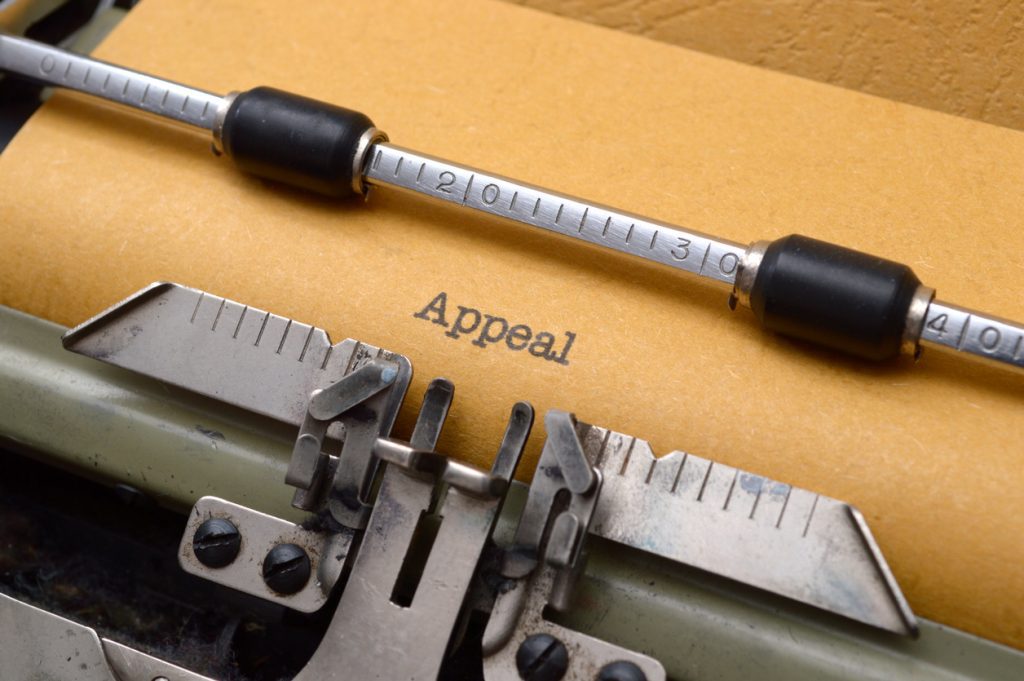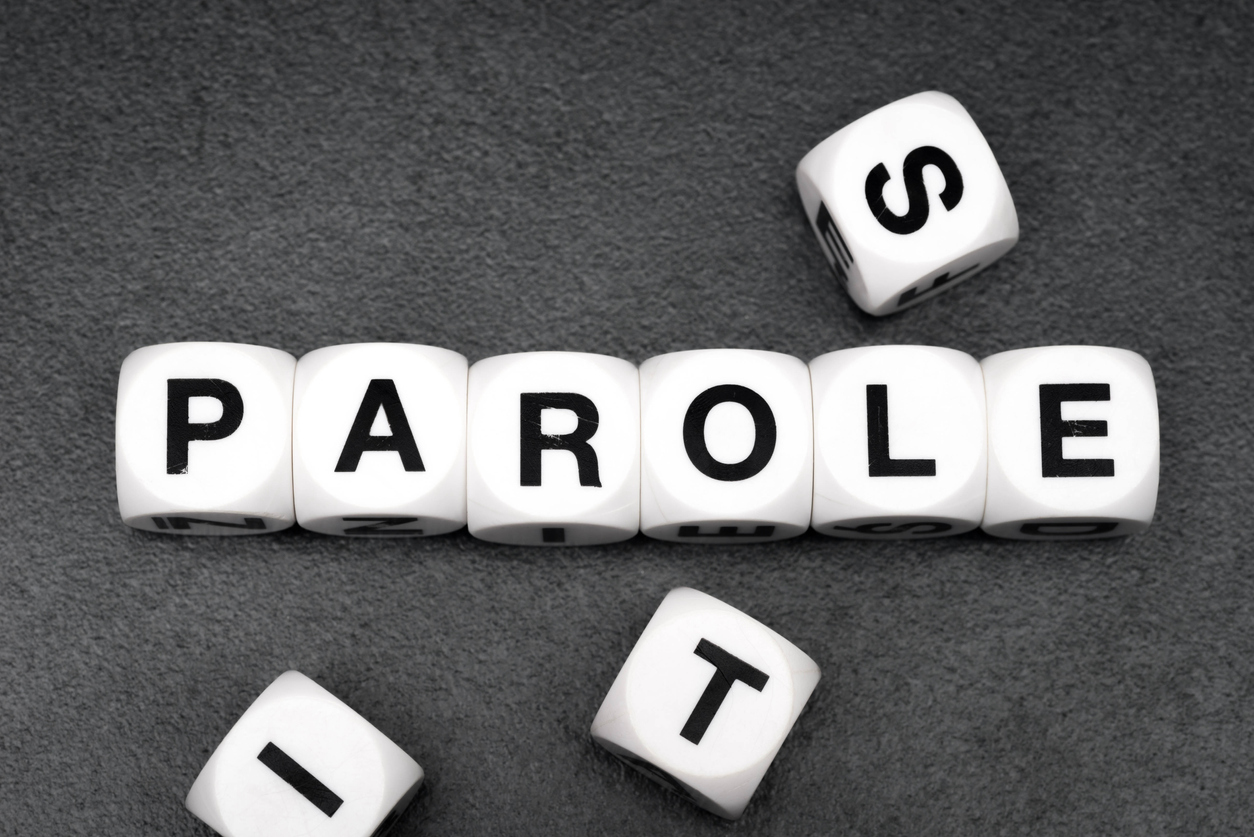It depends. The Sentencing Reform Act of 1984 changed the rules for parole in federal prisons. Only some federal prisoners can get parole. There are other ways to get an early release, though.
What is the Sentencing Reform Act, and how does it affect parole in federal prison?
The Sentencing Reform Act changed the way the U.S. treats sentencing in federal cases. One major change is that rehabilitation is no longer a goal of punishment. It also made all federal sentences determinate. This is the part that stopped parole for most federal prisoners.
These changes don’t apply to every incarcerated person. If you were sentenced before 1987 and got less than 30 years, you can still get parole. But people sentenced after 1987 cannot. You also can’t get parole if your sentence is more than 30 years.

If you are eligible for parole, Department of Justice policy states that you should receive an initial hearing within 9 months of the parole eligibility date determined by Bureau of Prisons. If you aren’t released on parole then, the Parole Commission conducts interim hearings every 18 to 24 months. At these hearings, the Commission determines whether you deserve parole.
The act only applies to prisoners with federal sentences, though. Incarcerated people sentenced by a state court and then transferred to federal prison may still get parole. There are also other ways to get out of prison early even if you aren’t eligible for parole.
Can you get out early with the First Step Act in federal prison?
Yes. Even though you can’t get parole in federal prisons, you can leave prison before your release date. The First Step Act allows people in prison to reduce their time by earning good time credits. The goal of the First Step Act is to help incarcerated people who follow the rules get out of prison faster. The hope is that incarcerated people learn how to make good choices in prison. And, when they get out, they are less likely to return to prison.
You can earn up to 54 days of good time credit for each year you serve. This means that you can reduce your sentence by about one and a half months every year. So, if you have a five-year sentence, you could get out about six months before your release date. But good time credit is not permanent. Prison officials can take away good time if you get in trouble or get a new charge.

Are there other ways to get parole or early release from federal prison?
Sort of. Even if you can’t get parole, you can still appeal your sentence in federal prison. This is not the same as parole, but a judge may decide to change your sentence. You can discuss this option with a lawyer to see if you have a good reason for appeal. If you do appeal your sentence, one or more judges will look at your case.
The Takeaway:
Most federal people in prison can’t get parole. This is because the Sentencing Reform Act of 1984 changed the way parole works. You can still get out of prison early by appealing, with good time credits and other ways.






